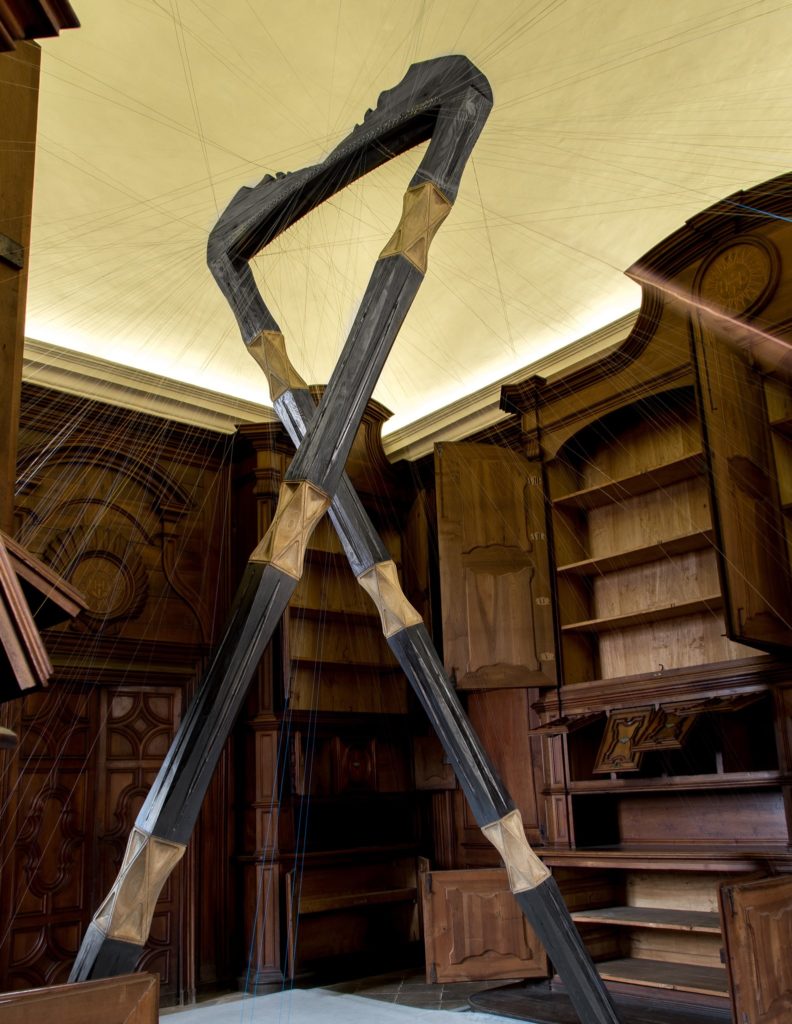The HOM project is pleased to announce that Daniel Villegas Velez’s book, Mimetologies is forthcoming with Oxford University Press.
Mimetologies examines the critical aesthetic concept of mimesis in the history of musical aesthetics. Two main interpretations of mimesis or, as this book calls them, mimetologies dominate aesthetic theory. On the one hand, mimesis is an aesthetic problem rooted in the distinction between copies and originals, as well as the creation of fictional worlds. On the other hand, mimesis involves a complex of neuro-psychological tendencies to copy or imitate others that characterizes the human as Homo mimeticus and which grounds the genesis of subjects and communities. These two mimetologies—one emphasizing vision and authenticity, the other affective contagion and becoming—run largely separate and music appears to have no place in either. Yet, as this book demonstrates, music is at the origin of both.
Mimetologies continues an interrogation of mimesis initiated by Jacques Derrida and Philippe Lacoue-Labarthe (1976) and genealogical examinations of the role of mimetic behavior in the formation of subjectivity to highlight music’s function in mobilizing affective performance to shape communities. Adopting a long-term historical perspective that extends from ancient Greece through seventeenth-century Italy, eighteenth-century France, to early nineteenth-century Germany—with an ear to their resonances in Colonial Latin America—Mimetologies shows that mimesis has been a constant undercurrent in the history of modern music, especially at the moments when music and mimesis seemed most distant from one another. By revealing the role of mimetic musical performance between aesthetics and politics—mimesis as representation and mimesis as contagion—Mimetologies reintegrates music into the history of aesthetics, while providing new conceptual tools to critically think the role of music in Western society.

The cover of Mimetologies features Santiago Reyes Villaveces’s site-specific installation Harp (2019), developed in collaboration with the author and winner of the 41st Premio Matteo Olivero. Comprised of an expanded copy of a Baroque harp found in former Jesuit Missions in Colombia and transposed to the sacristy of a Jesuit church in Saluzzo, Italy, Harp reflects on the colonial mobilization of ancient Greek musical paradigms to (re)form communities in the “New World”. By examining how such humanist mimetologies are created and disseminated, this study amplifies contemporary critiques of Eurocentric values that shape the history of music in the West.
